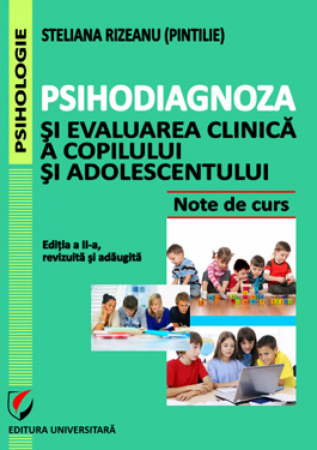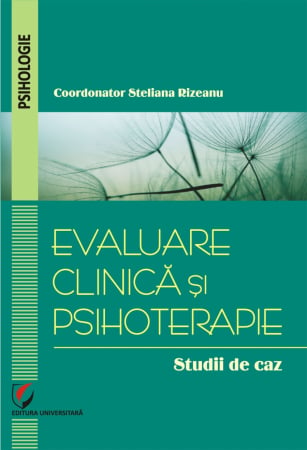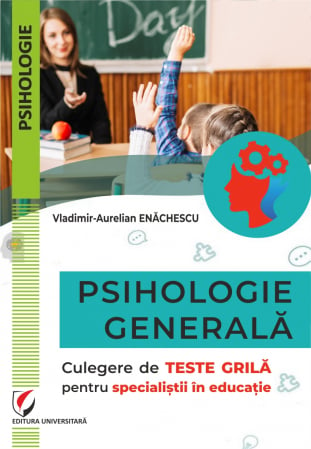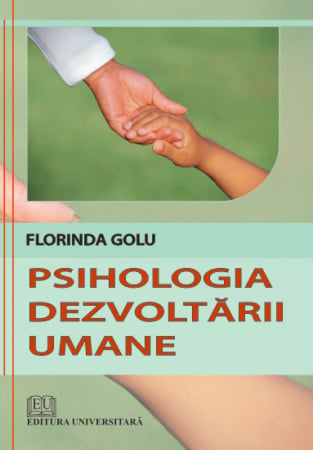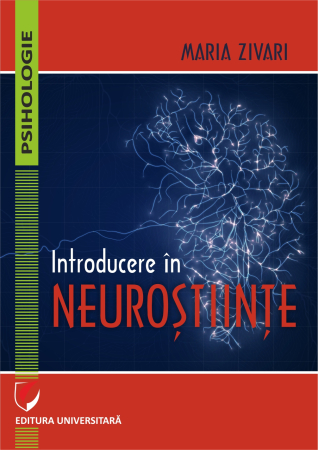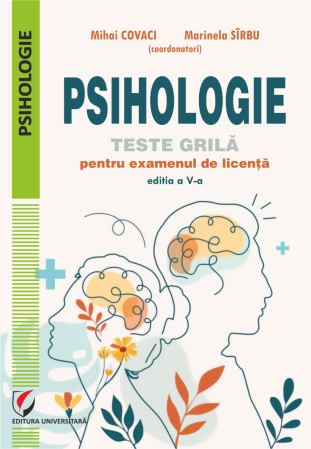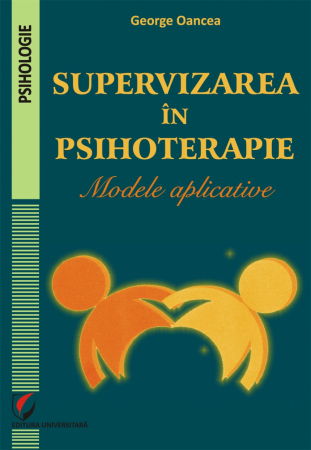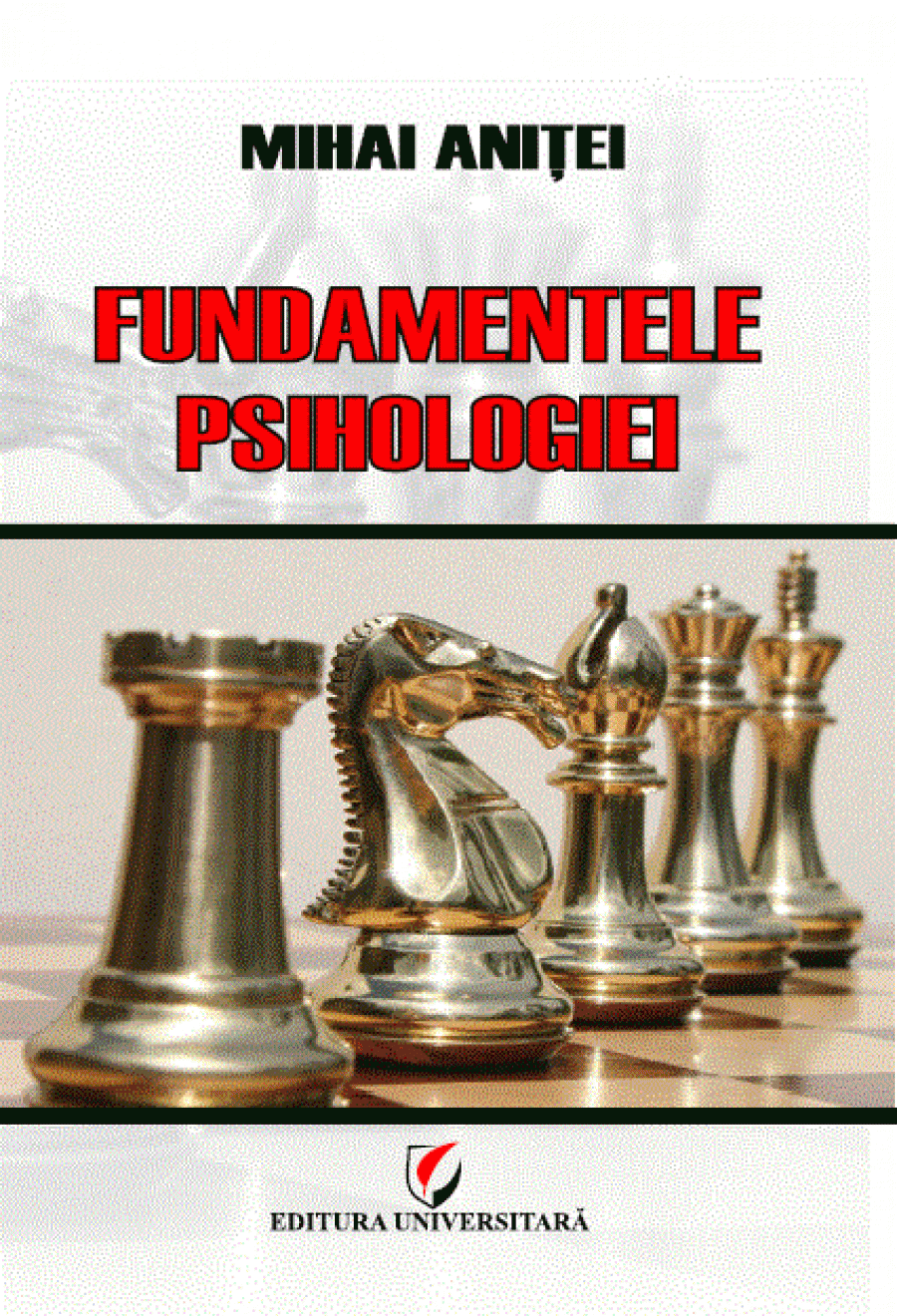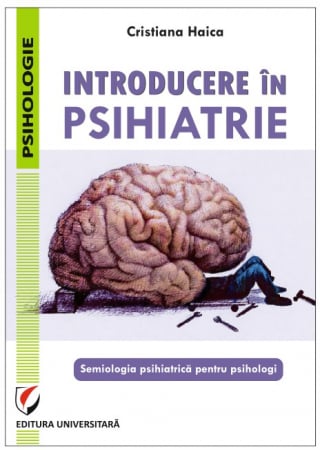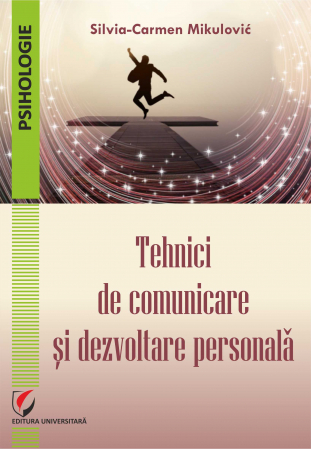ISBN: 978-973-749-866-3
Publisher year: 2010
Edition: II
Pages: 275
Publisher: Editura Universitară
Author: Valeria Negovan
- Description
- Authors
- Reviews (0)
Almost on all major transformations in the early development of human beings say that is "learning". About the child say: learn to walk, learn to speak, write, read ... Later, more rarely say learn and teach especially say things that relate to the acquisition of knowledge (learning math, history, etc..). Rarely think about the adult that he learned and learn to love (or not love), to fight for his dreams (or to give them), to take responsibility (or avoid).
Human knowledge has evolved enough to know (in theory - formal) learn almost everything man makes man. We know that man learns signs, meanings and theories, preferences, habits, interests, attitudes and values. We know that the human cognitive learn to perceive and understand the world but also to evaluate, decide if maintained unchanged, or whether a change. We know that and motivational sphere, man learns, for example, need to have a university degree, a spacious house, the library or mobile phone ... as diversify its range of motivations for different activities (learn to respect themselves and to be respected) or narrow (longer exist for a license to act ... If the license in a field of specialization no longer provide the practice of the profession for which he specialized).
At an empirical level, in the context of our everyday life, keep it mind that everything is learned - both good and evil? Keep in mind that, in terms of stimulus information (through the acquisition of knowledge and new ways to use knowledge) teaches man knowledge to need as you learn in conditions of deprivation Information, to live without information, without knowledge ? We learn to love and hate like, communicate like and do not communicate? We aspire to new achievements or to stifle aspirations, to fight for what he wants and give up what he can not get? But to avoid pain and no longer avoid (resignation gained!), Have or do not trust him? Keep in mind that the man who teaches, how it works, how effective and thereby learn to respect (or not), to dare becoming more and more or dare not to the contrary?
A great learning theorist and practitioner of optimization said: "The only thing very characteristic that can be said about human beings is that they learn. Learning is so rooted in man that has become almost involuntary as a species (...) Our specialization is the specialization in learning and education ... ... makes the learner to overcome simple learning "(Bruner, 1981, p. 133). Many years ago, one of the researchers who contributed significantly to the conceptualization of learning (Edwin R. Guthrie, 1946) note that "Nothing is more familiar to people than human learning and training habits / skills," people living in even the phenomenon achieve the human condition. Two psychologists, Marquis Woodworts and more recently noted the "capacity to learn, both human and the animal is one of the most natural acts ramarcabile, with reproduction and heredity" (Woodworth, Marquis, 1965, p.429 ).
Becoming aware of his ability to learn, reflect on it, having examined her (as he did with reproduction, with heredity and many others), the man assumed the responsibility to intervene in its most subtle mechanisms. We could say that man learned to aspire to control the learning in order to optimize its influence on its overall competence not only to respond to an environment of increasingly complex environment but to turn to their own needs, increasingly more complex.
This book has set, since its first edition in 2007, to capture the nuances and distillation that has "suffered" the concept of human learning, the imposition of the psychology to the status of the pivotal concept of a branch of general psychology (psychology of learning). The purpose of such raids was not purely theoretical, abstract, but rather to reflect the fact that progress in learning knowledge meant progress in knowledge and affirmation of the human being as being not only reactive but also as being generative, proactive, which aspire to acquire the ability to use their conscious, efficient terrible impressive capacity to learn in the process of spiritual evolution and existential autoimplinirii.
Professor, Ph.D., Faculty of Psychology and Educational Sciences, Department of Psychology, University of Bucharest, holder of Educational Psychology and Psychology learning courses (undergraduate) and psychology career - master level) and promoter of new subjects / courses at different universities master study programs (Advanced educational Psychology, crisis management in the school environment, psychological interventions in crisis situations in schools, and positive Psychology applied to education, health and safety in the school / educational psychology learning - implications for educational and vocational).
Valerie Negovan scientific activity is focused on topics such as academic learning (strategies and style of learning, autonomy and self-regulation), the well (well being) in relation to self-determination in academia; antecedents and consequences of autonomy and self-determination in mental functioning optimal plan children, teenagers and young people.
As a psychologist with a free practice, mainly autonomously with supervision as a professional specialty "educational psychology, school and vocational counseling", accredited by the College of Psychologists of Romania, conducts intervention practices that ensure the empirical and field application scientific research and theoretical synthesis.

6359.png)
![Psychology of learning - formal, strategy and style [1] Psychology of learning - formal, strategy and style [1]](https://gomagcdn.ro/domains/editurauniversitara.ro/files/product/large/psihologia-nvrii-forme-strategii-i-stil-2253-100005.jpg)
